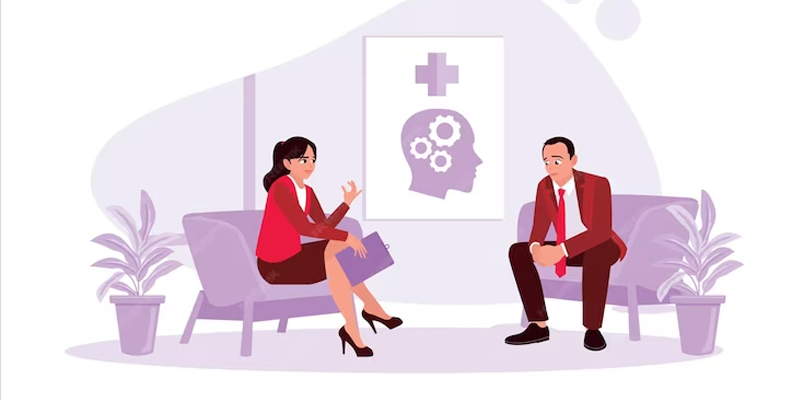When Should You Consider a Psychiatric Consultation?
If you are experiencing any of the following, a psychiatric consultation may be beneficial:
- Changes in mood or behavior: Feeling persistently sad, anxious, or irritable; changes in sleep patterns or appetite; difficulty concentrating or making decisions; thoughts of harming yourself or others.
- Relationship problems: Struggling to maintain healthy relationships with family, friends, or colleagues.
- Coping with difficult life events: Dealing with trauma, grief, loss, or major life changes can be overwhelming and lead to emotional distress.
- Persistent physical symptoms: Physical symptoms with no apparent medical cause, such as headaches, fatigue, or digestive problems, may sometimes be linked to underlying mental health concerns.
What Happens During a Psychiatric Consultation?
The first consultation will typically last 45-60 minutes. Here's what you can expect:
- Discussion of your concerns: The psychiatrist will ask you about your current symptoms, medical history, and any medications you are taking.
- Mental health assessment: The psychiatrist may conduct a mental status examination, which involves asking you questions about your thoughts, feelings, and behaviors.
- Review of medical records: If necessary, the psychiatrist may review your medical records to get a complete picture of your health.
- Diagnosis and treatment plan: Based on the assessment, the psychiatrist will provide a diagnosis and discuss potential treatment options, which may include therapy, medication, or a combination of both.
Benefits of Psychiatric Consultations
Seeking help from a psychiatrist can offer numerous benefits, including:
- Accurate diagnosis and treatment: Early diagnosis and appropriate treatment can significantly improve your mental health and well-being.
- Development of coping skills: Through therapy, you can learn healthy coping mechanisms to manage stress, anxiety, and difficult emotions.
- Improved quality of life: With effective treatment, you can experience better relationships, increased productivity, and overall improved quality of life.
